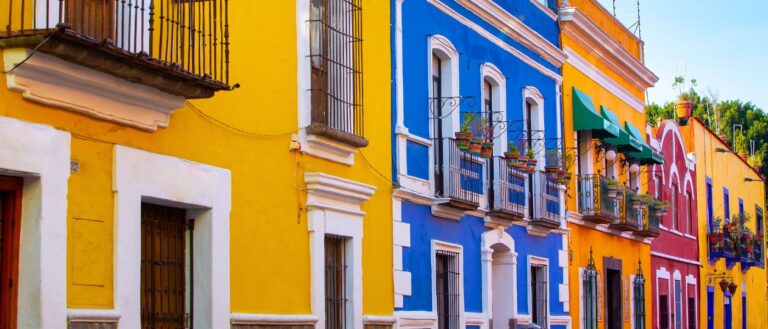Every year, countless individuals look forward to Cinco de Mayo (May 5) as a day to shamelessly enjoy tacos and similar Hispanic foods. Yet, there are many misconceptions associated with the day—down to its origins, which are often associated with Mexico’s independence from Spain (an act that actually occurred Sept. 16, 1821).

To debunk some common misunderstandings of Cinco de Mayo, The Daily spoke with Damaris Puñales-Alpízar, an associate professor of Hispanic studies, chair of the Department of Modern Languages and Literatures, and director of the International Studies program at Case Western Reserve University.
“Any date, any occasion, is a good excuse to remind us how different we are from each other; to celebrate diversity, and to understand that, beyond all our differences and personal stories, there is a strong connection among us,” Puñales-Alpízar said. “If you want to celebrate [Cinco de Mayo], do it! But know the history behind it, and be respectful of Mexican culture, history and traditions.”
Read on as Puñales-Alpízar uncovers some historical context behind the day.
Misconception 1: Cinco de Mayo is Mexico’s Independence Day.
Cinco de Mayo recognizes when nationalist troops unexpectedly won the Battle of Puebla against the French Army in 1862. However, their victory didn’t last long, as France occupied Mexico soon after and kept control for a few years.
Misconception 2: Cinco de Mayo is a holiday in Mexico.
For many years, Cinco de Mayo celebrations were limited to the state of Puebla, but overall, the day is not widely celebrated across Mexico. However, due to commercialization in recent years, Cinco de Mayo has begun to become more observed among young people—especially within the United States.
Misconception 3: Cinco de Mayo is centered on partying.
By the late 1980s, marketing campaigns brought Cinco de Mayo to the public eye with beer companies promoting drinking as a way to celebrate the date. But the beginning of this celebration in the United States dates back to the 1960s, which relates to the fight for civil rights of Mexican-Americans who wanted to show pride in their origins.


